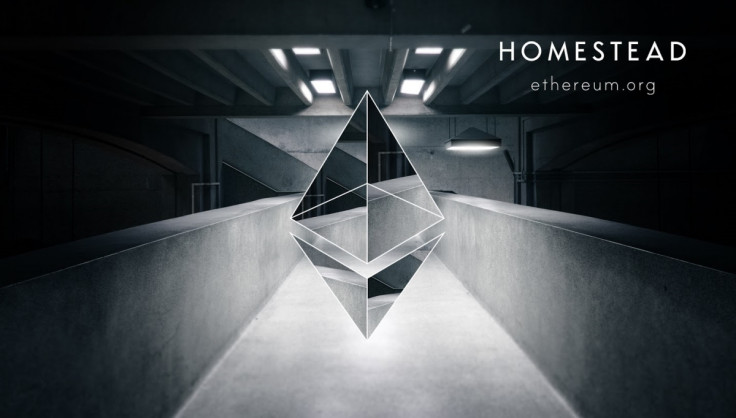Genesis Mining launches Enigma, the world's largest ether cloud mining farm

Genesis Mining, the eco-friendly Bitcoin cloud mining provider, has launched Enigma, the world's largest ether cloud mining farm.
Ether (ETH) is the native token of the Ethereum decentralised computing system, and is used to power applications on the Ethereum blockchain.
Unlike Bitcoin which uses proof-of-work (PoW) to mine coins, Ethereum will ultimately move to proof-of-stake (PoS), where validators on the network pledge security deposits of currency to ensure consensus.
In the meantime ether is mined using GPU cards, rather than specialised ASIC chips, as is the case with Bitcoin.
Marco Streng, CEO, Genesis Mining told IBTimes: "Our ether mining offering is for one year time frame and the shift from PoW to PoS is currently expected to be in around one year or later.
"If the full year is not yet over and the switch happens before, the computing power of the cards will be used to mine other promising cryptocurrencies with it."
Ethereum recently released its Homestead version, which saw the value of ether rocket from under a dollar up to almost $15. It has since stabilised at under $10, making Ethereum the second largest crypto-cap after Bitcoin. The price rise has caused a flurry of interest from investors, speculators and a growing mining community.
Streng added: "The scale we have with Enigma is very special and I am confident this is one of the largest GPU clusters in the world which gets expanded further and further. Regarding the expansion, because you have a lot of opportunity costs, time is very critical and every day counts.
"The bigger the scale, the better the prices, which is great for our customers."
There was some concern that mining of ether had become concentrated with one group, Dwarfpool, controlling over 50% of mining capability.
"Decentralisation is an important point for us and this is certainly one reason why we are distributing our hash rate among several pools. Also, the fact that we are distributing the majority of our capacities among our 200,000 clients addresses another component of decentralisation," said Streng.
Prior to its shift to PoS, Ethereum was designed specifically to be mined with GPUs rather than ASIC chips; the Ethereum project deliberately eschews the prospect of using lots of electricity to endlessly solve hashing puzzles.
Streng said: "The specific algorithm 'ethash', which is used for mining ether is very complicated and computation intensive and therefore it is very difficult to produce an ASIC miner. I cannot say it is impossible but it certainly is a much harder task than for SHA algorithm and Bitcoin mining.
"Also one should know that Ethereum and the community would not favour an ASIC miner and therefore there are indications that the mining algorithm might be adjusted in case this really happens. This would then directly make an ASIC miner useless since it is not adoptable for even only slight algo changes."
As is customary with its mining farm activities, Genesis Mining released a video of ETH miners being installed, and an infographic explaining how Ethereum works.
© Copyright IBTimes 2025. All rights reserved.






















